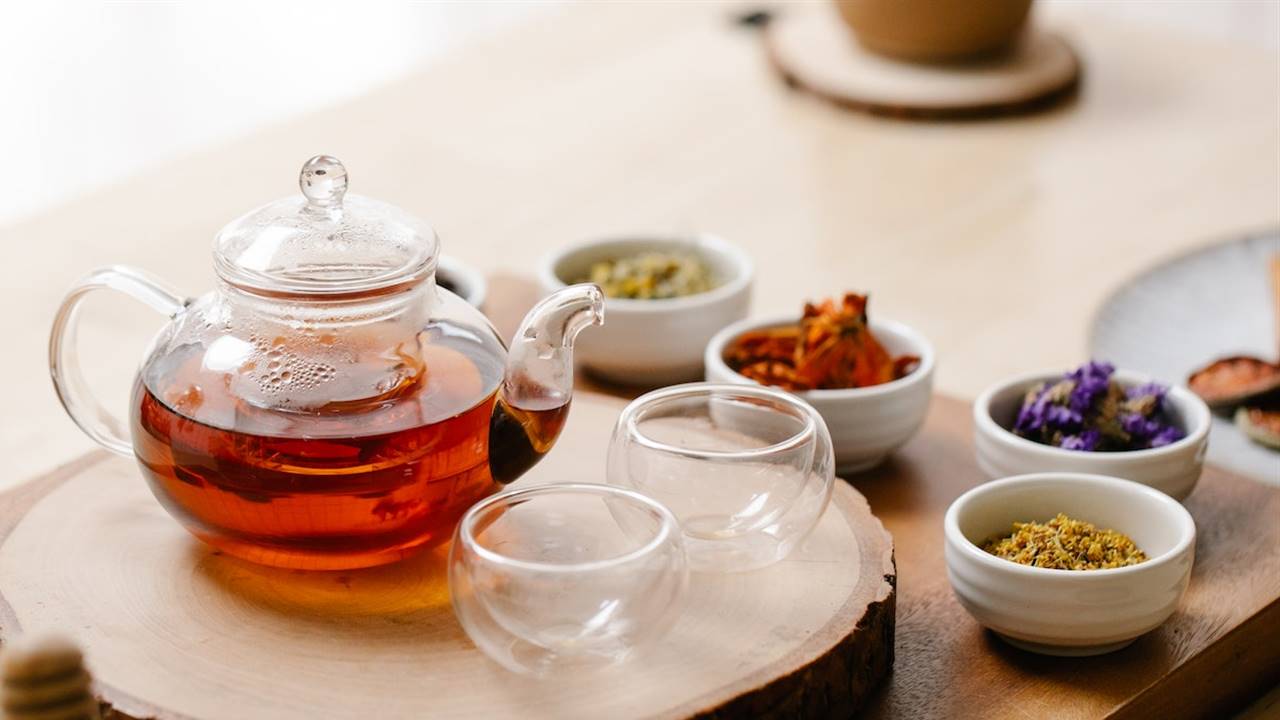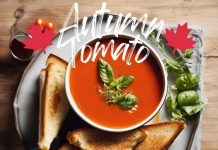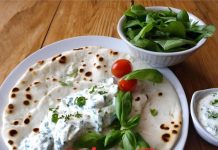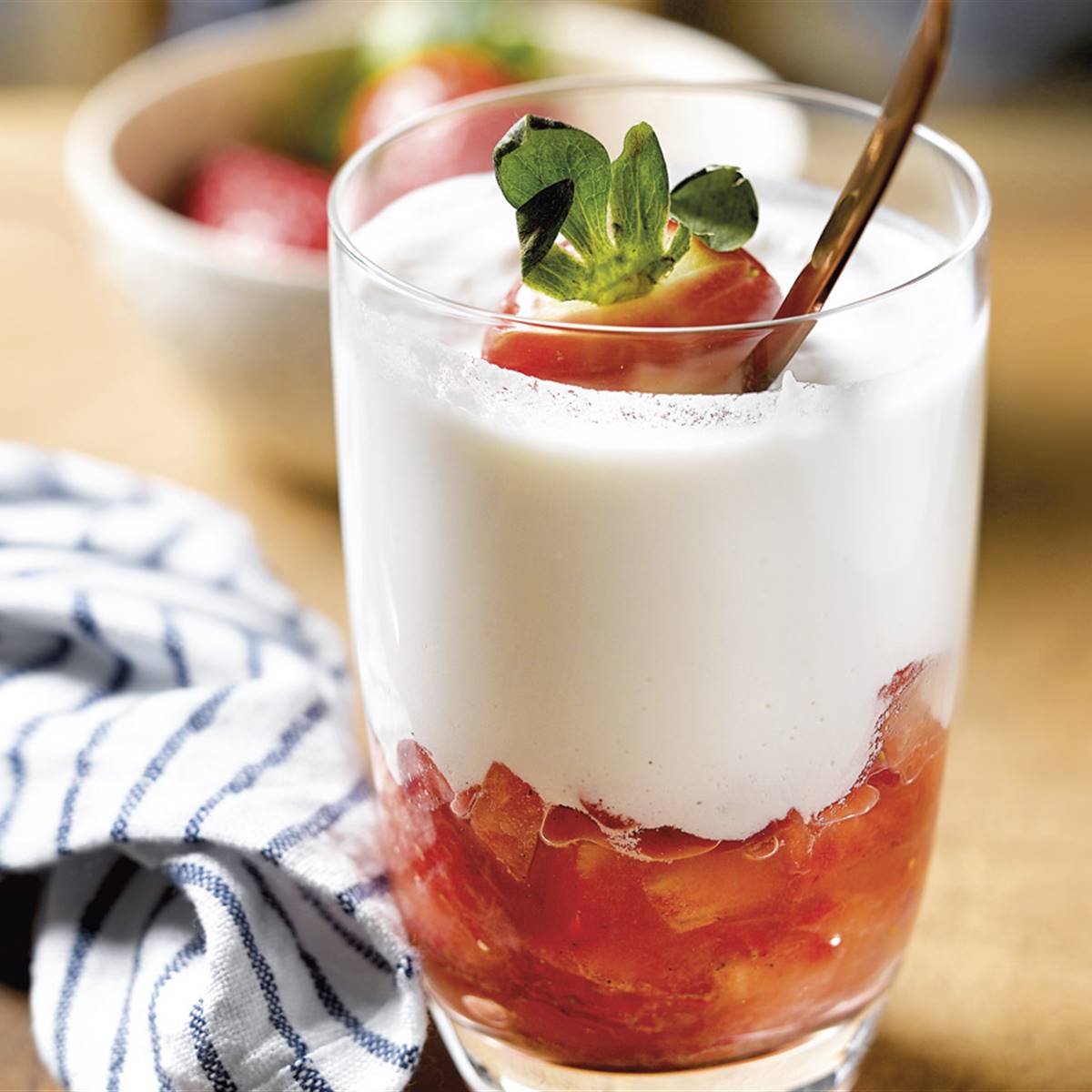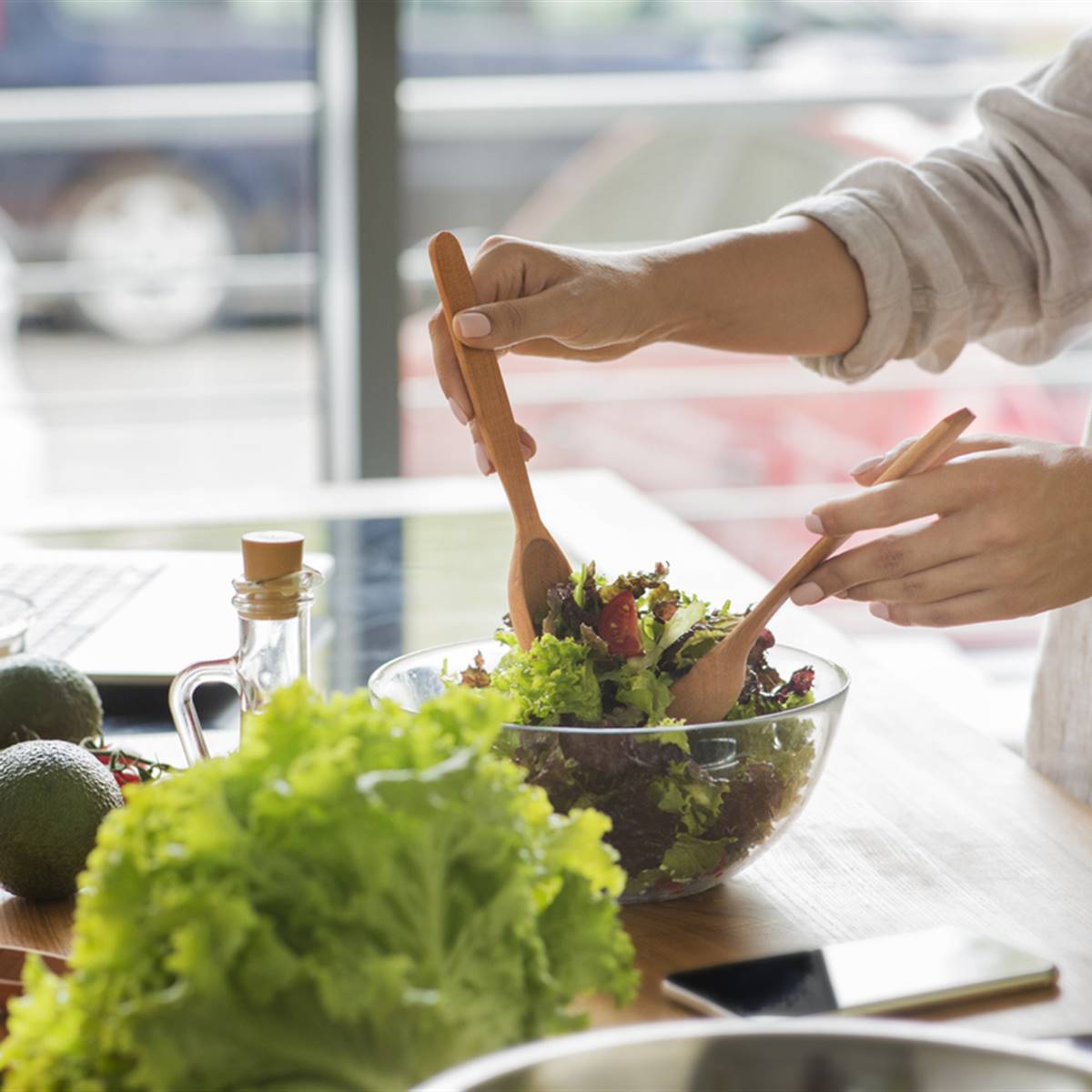In the universe of infusions, creativity has no limits. We propose a tour of the world through infusions for all palates.
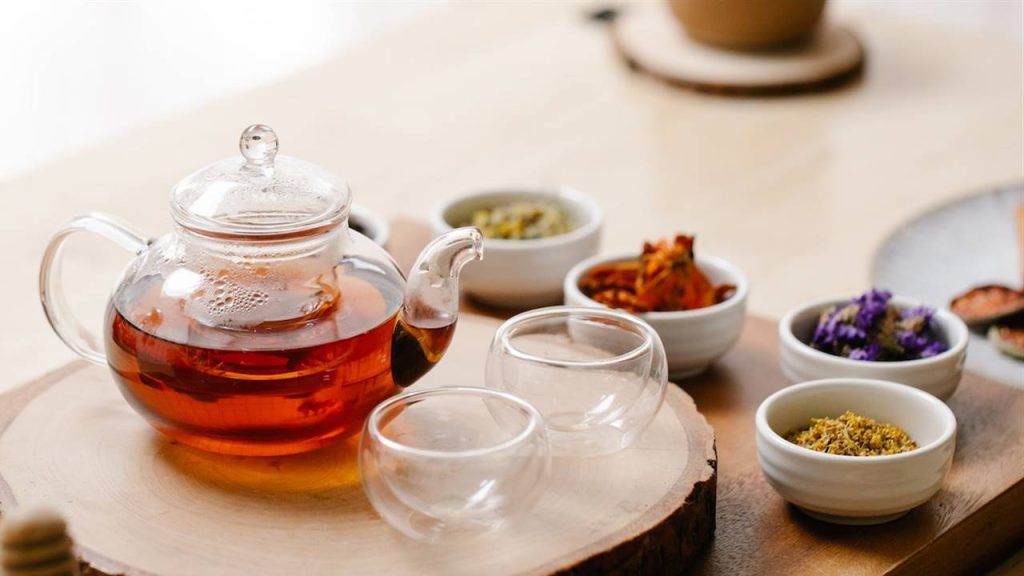
- 1. Ginger and Apricot Tea (China)
- 2. Infusion of roses (Central Europe)
- 3. Ginseng and ginger tea (Central Asia)
- 4. Thyme and sage tea (Greece)
- 5. Black tea with cinnamon and anise (Lebanon)
- 6. Karkaday with Apple (Middle East)
Few gestures are as friendly as the offer of a cup of tea.
Traveling the world, we can be presented with infusions of the most diverse aromas, textures and flavors, but all of them share the same background spirit, which unfolds in the elaborate ritual of its preparation and culminates with the magical and serene moment of sharing it with those who feel then as friends.
From Japan and China to Peru, passing through India and Sri Lanka, ancient Persia, Russia, the Maghreb, Europe and the Caribbean, in a supposed journey around the world, we can savor a wide variety of infusions, of very different flavors, based on tea, other plants or fruits, which will help us to enter calmly into the secrets and devotions of different cultures and traditions.
In this article we wanted to make a brief tour of the world through six traditional infusions that in addition to giving us suggestive flavors manage to inject us with a dose of vitality.
1. GINGER AND APRICOT TEA (CHINA)
Ginger teas are very popular in Asia. In this, the strong and spicy taste of the root harmonizes with the sweetness of the fruit.
INGREDIENTS:
- 1 piece of ginger (1 cm or slightly more)
- 5 apricots
- 2 sweet pears
- 1 glass of apple juice
PREPARATION:
Peel and bone and crush the pears and apricots with the mixer.
Apart, infuse the grated ginger and incorporate it into the apple juice with the whipped fruit. Stir and serve cold from the fridge, with ice and mint leaves.
PROPERTIES:
It is an energetic, refreshing and nutritious drink. Ginger stimulates digestion, is considered expectorant and helps lower fever and blood sugar.
Apricots are antioxidants, laxatives and antianemics.
2. INFUSION OF ROSES (CENTRAL EUROPE)
Rose teas, fragrant and refreshing, are highly prized in Central Europe and France. They are between sweet and bittersweet.
INGREDIENTS:
- 10 g boneless rose hips
- 10 g sage leaves
- 2 tablespoons rose petals
- 1 tablespoon hibiscus flower
- 1 teaspoon rosemary honey
- 1 liter of water
PREPARATION:
The plants are mixed and arranged with honey in a teapot, the boiling water is poured over them and left to rest for 10 minutes. It can be served cold.
PROPERTIES:
It is considered vitamin, something laxative and very diuretic.
Sage gives it a mild antiseptic and digestive effect. Rose hips are astringent.
PRECAUTIONS AND CONTRAINDICATIONS:
It is not recommended during pregnancy and lactation.
3. GINSENG AND GINGER TEA (CENTRAL ASIA)
It is strong, bitter and somewhat spicy.
Although it has hardly anything to do with Tibet, in some countries it is sold, under the name of “Tibetan tea”, a carbonated version of this drink sweetened with guarana powders, which is not an original ingredient, to drink cold.
INGREDIENTS:
- A tablespoon of Korean ginseng root and ginger rhizome
- A cinnamon stick (or a teaspoon of guarana powder))
- 500 ml water
PREPARATION:
Put the ingredients in a saucepan, and when it starts to boil it is left to simmer for 10 to 15 minutes.
PROPERTIES:
It is a very stimulating drink, ideal to recover the vital tone to overcome asthenia and lack of energy; and to gain vitality and eloquence.
Gingseng increases resistance to stress and strengthens the immune system.
Ginger gives it its digestive, carminative, expectorant and febrifuge virtues.
PRECAUTIONS AND CONTRAINDICATIONS:
It should not be given to children or taken in case of insomnia, nervous irritability, arrhythmias or hypertension.
4. THYME AND SAGE TEA (GREECE)
In addition to being a condiment, thyme and sage are used in Greece to prepare this infusion of intense and somewhat spicy flavor, which is attenuated with honey.
INGREDIENTS:
- 15 g dried sage
- 15 g dried thyme (or up to 30 g if the fresh plant is used)
- 500 ml water
PREPARATION:
Pour the boiling water over the herbs in the teapot. Let stand for up to 15 minutes and add a teaspoon of thyme honey.
PROPERTIES:
Thyme and sage are tonic and stimulating, suitable for increasing appetite and promoting digestion. They are antiseptic, reduce fever and are very useful in case of cold and other respiratory conditions.
PRECAUTIONS AND CONTRAINDICATIONS:
Pregnant women are not recommended to drink sage infusion.
5. BLACK TEA WITH CINNAMON AND ANISE (LEBANON)
It is a very popular tea in Lebanon, where it is taken at meetings of friends and business. It is usually taken hot, but you can also take cold from the fridge.
INGREDIENTS:
- 4 teaspoons black tea
- 2 tablespoons green anise
- 1 tablespoon cloves
- 1 tablespoon cinnamon (powder or stick)
- Several strips of sweet orange peel
- 400 ml water
PREPARATION:
Boiling water is poured over the plants in the kettle. Let it sit for about 5 minutes and strain.
Orange and cinnamon provide a sweet and delicate counterpoint to the bitterness of tea. Some people add a pinch of honey.
PROPERTIES:
Stimulating and slightly euphoric, it helps to overcome the asthenia, fatigue and drowsiness caused by the heat wave. It is also digestive and antioxidant.
PRECAUTIONS AND CONTRAINDICATIONS:
It should be avoided in case of arrhythmias, insomnia and anxiety.
6. KARKADAY WITH APPLE (MIDDLE EAST)
In Egypt and the Middle East, a digestive infusion of karkaday or hibiscus is prepared very sweet and intense red color.
INGREDIENTS:
- 3 tablespoons hibiscus flowers
- 4 apples (smoothie in juice)
- 400 ml water
PREPARATION:
Three tablespoons of hibiscus flowers and sugar to taste are introduced into the teapot and boiled water is poured on top. Then add the juice of four liquefied apples, stir, let it cool and store overnight in the fridge to take the infusion very cold.
PROPERTIES:
It is digestive, diuretic, laxative, antispasmodic and vitamin, and is very indicated in case of digestive disorders, constipation, poor circulation and weakness.

